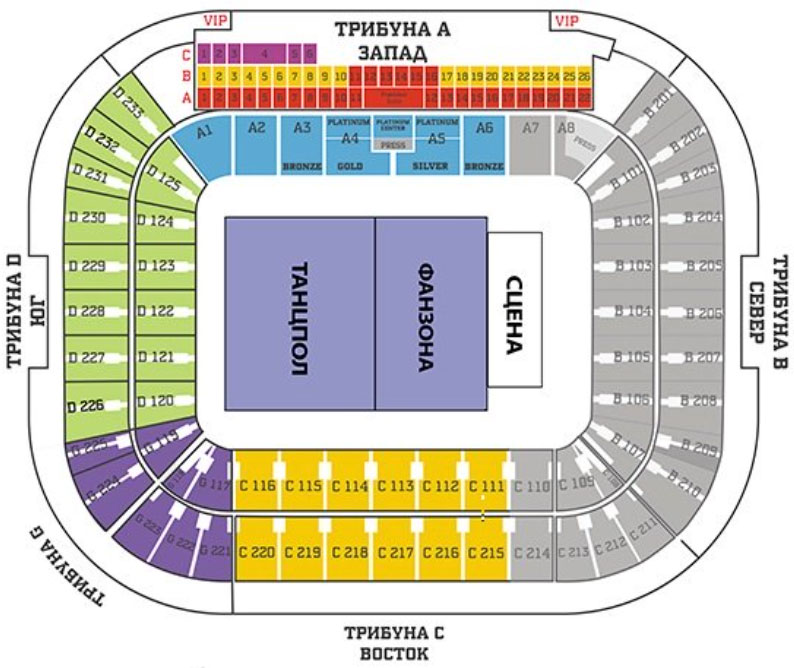Increased Pressure On Haitian Gangs: A UK-France Strategy

Table of Contents
The UK's Role in Countering Haitian Gangs
The UK's strategy against Haitian gangs focuses on a two-pronged approach: strengthening Haiti's internal security capacity and providing substantial humanitarian assistance.
Focus on Security Sector Reform
The UK recognizes that long-term stability requires Haiti to address the problem itself. Their approach emphasizes bolstering the Haitian National Police (HNP) and judicial system. This includes:
- Financial aid for police training and equipment: Funding is directed towards improving the HNP's training, providing essential equipment, and enhancing their operational capabilities. This includes training in community policing, human rights, and advanced investigative techniques.
- Support for judicial reform and strengthening the rule of law: The UK is investing in strengthening Haiti's judicial system, focusing on improving court efficiency, reducing corruption, and ensuring the prosecution of gang leaders and members. This includes training for judges and prosecutors.
- Intelligence sharing and operational assistance to Haitian authorities: The UK provides vital intelligence support to Haitian authorities, assisting in identifying gang leaders, disrupting their operations, and tracking their illicit activities. This involves secure communication channels and expert advice.
Limitations: The success of these efforts heavily relies on the Haitian government's willingness and capacity to implement reforms effectively. Capacity building takes significant time and investment, and the pervasive corruption within Haitian institutions poses a significant hurdle.
Humanitarian Aid and Development Assistance
Alongside security sector reform, the UK provides substantial humanitarian aid to alleviate the suffering caused by gang violence. This includes:
- Food security programs: Providing food assistance to vulnerable populations displaced by gang violence and facing food insecurity.
- Medical aid and support for displaced populations: Offering medical care and support to those injured or displaced due to gang activity. This includes establishing mobile clinics and providing essential medicines.
- Investing in long-term development projects to foster stability: The UK supports projects that promote economic opportunity, education, and sustainable development in vulnerable communities, helping to reduce the root causes of gang recruitment.
Limitations: The ongoing insecurity and gang control over large territories significantly hamper the effectiveness of humanitarian aid delivery. Aid workers face considerable risk, and access to vulnerable populations is often restricted.
France's Contribution to the Fight Against Haitian Gangs
France, with its historical ties to Haiti, plays a crucial role in coordinating international efforts and supporting civil society.
Diplomatic Pressure and International Collaboration
France leverages its diplomatic influence to advocate for stronger international action against Haitian gangs:
- Advocacy for stronger UN sanctions against gang leaders: France actively pushes for targeted sanctions, including travel bans and asset freezes, against key gang leaders to cripple their operations and financial networks.
- Working with regional partners to share intelligence and coordinate responses: France collaborates with neighboring countries and international organizations to share intelligence, coordinate responses, and prevent the cross-border movement of weapons and gang members.
- Promoting dialogue and seeking solutions through international organizations: France engages in diplomatic efforts to foster dialogue and promote peaceful solutions through organizations like the UN and the Organization of American States (OAS).
Limitations: Coordinating action among diverse international actors with potentially conflicting interests can be a significant challenge. Reaching a consensus on sanctions and strategies often requires considerable time and effort.
Supporting Civil Society and Human Rights
France also emphasizes supporting Haitian civil society and upholding human rights:
- Funding for initiatives promoting human rights and the rule of law: France supports organizations working to strengthen human rights protections and promote accountability within the justice system.
- Support for organizations working on peacebuilding and conflict resolution: France funds initiatives focused on conflict resolution, community mediation, and promoting social cohesion.
- Collaboration with NGOs active in Haiti: France works closely with numerous NGOs active in Haiti to support their efforts in providing humanitarian assistance and promoting development.
Limitations: The volatile security situation and the risks associated with operating in gang-controlled territories limit the reach and effectiveness of civil society initiatives.
Challenges and Limitations of the UK-France Strategy
The UK and France face numerous obstacles in their efforts to combat Haitian gangs:
- The complex political landscape in Haiti: The lack of a stable and effective government hinders effective collaboration and implementation of security and development initiatives.
- The deeply entrenched nature of the gangs and their extensive criminal networks: The gangs are deeply rooted in Haitian society, with extensive criminal networks involved in various illicit activities, including drug trafficking, kidnapping, and extortion.
- The humanitarian crisis exacerbating instability and providing fertile ground for gang recruitment: The widespread poverty, lack of opportunities, and desperation create fertile ground for gang recruitment, further exacerbating the crisis.
- Potential for unintended consequences of security interventions: Security interventions, if not carefully planned and executed, can lead to human rights abuses and further fuel instability.
- Resource constraints and competing priorities within both the UK and French foreign policy agendas: Both countries have limited resources and competing priorities, potentially affecting the level of sustained commitment to the Haitian situation.
Conclusion
The UK and France's collaborative strategy to increase pressure on Haitian gangs represents a crucial effort to tackle a critical security and humanitarian crisis. Their multifaceted approach, encompassing security sector reform, humanitarian aid, diplomatic pressure, and support for civil society, is a necessary step. However, significant challenges remain. The success of this initiative depends on sustained international commitment, effective coordination among all stakeholders, and a genuine effort to address the underlying causes of instability in Haiti. Addressing the root causes of gang violence, prioritizing human rights, and strengthening this collaborative approach are essential for lasting progress in tackling the issue of Haitian gangs. Only through sustained international cooperation and investment in Haiti's long-term stability can we hope for a significant reduction in the power and influence of these destructive groups.

Featured Posts
-
 Mirka I Rodzer Federer Deca Blizanci Fotografije I Detalji
May 14, 2025
Mirka I Rodzer Federer Deca Blizanci Fotografije I Detalji
May 14, 2025 -
 Disneys Snow White A Hilariously Abysmal Flop Im Dbs Worst Ranked Movies
May 14, 2025
Disneys Snow White A Hilariously Abysmal Flop Im Dbs Worst Ranked Movies
May 14, 2025 -
 Dead Reckoning Streaming Availability Mission Impossible Now On Platform Name
May 14, 2025
Dead Reckoning Streaming Availability Mission Impossible Now On Platform Name
May 14, 2025 -
 Federer Ob Ashnjava Svo Povratak Zhelja Za Atmosferom Punikh Stadiona
May 14, 2025
Federer Ob Ashnjava Svo Povratak Zhelja Za Atmosferom Punikh Stadiona
May 14, 2025 -
 Eurovision 2024 Yuval Raphaels Improved Stage Presence
May 14, 2025
Eurovision 2024 Yuval Raphaels Improved Stage Presence
May 14, 2025
